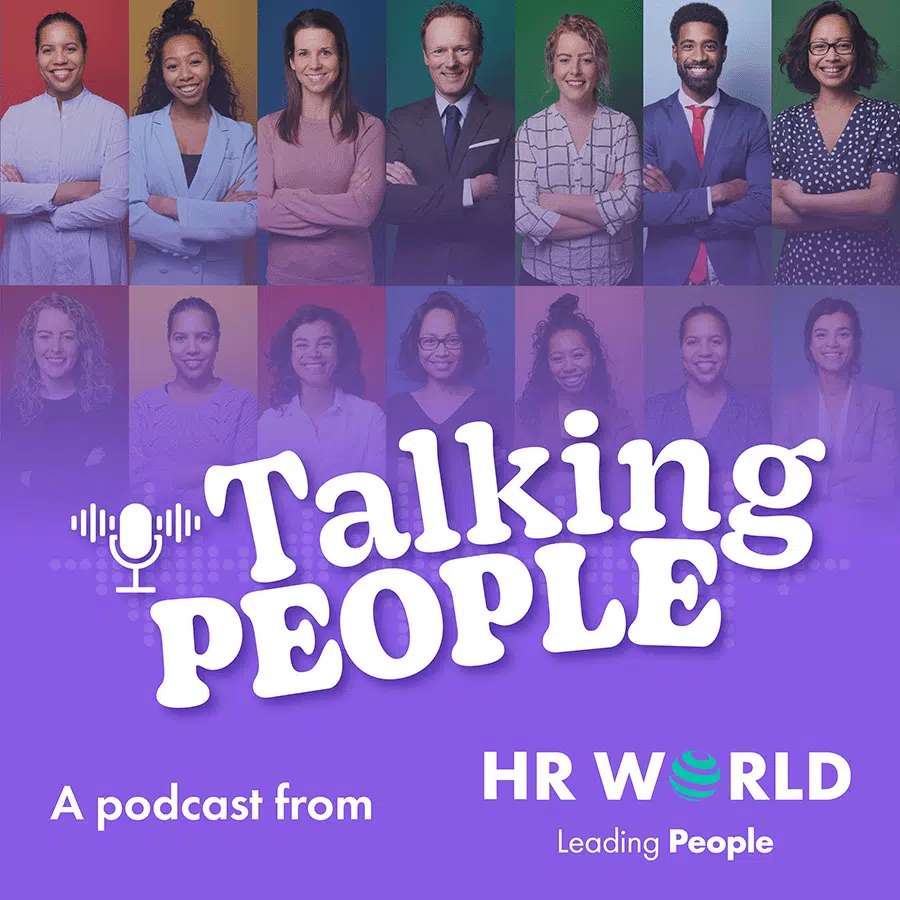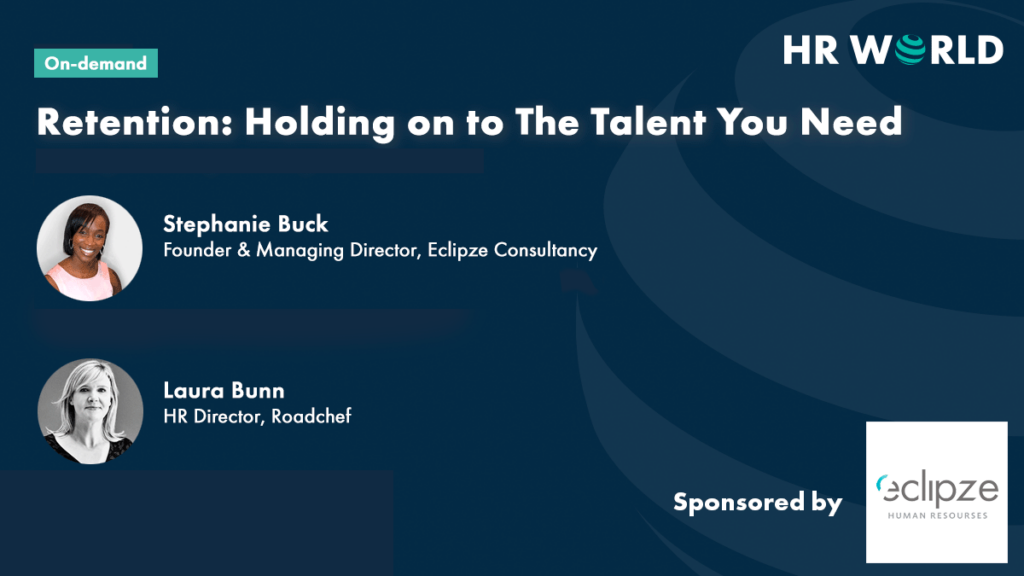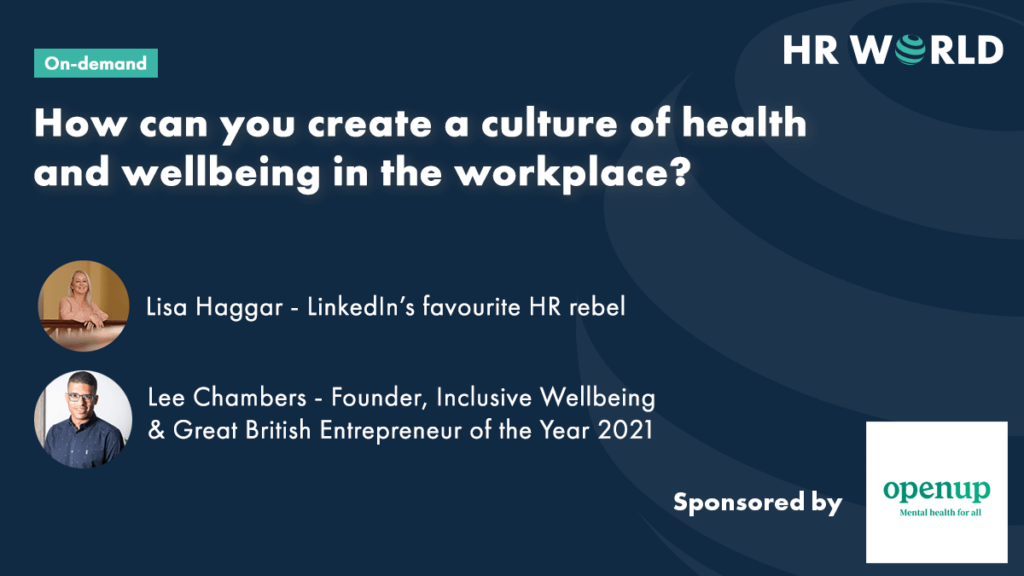Home » Knowledge Hub » Equality, Diversity and Inclusion » Psychologist advises ‘nuanced approach’ to use of pronouns at work
Psychologist advises ‘nuanced approach’ to use of pronouns at work
19 May 2021 Equality, Diversity and Inclusion

The announcement that pop star and actress Demi Lovato is non-binary and officially changing their pronouns has reignited the debate about how to manage pronoun positioning at work.
Business psychologist and expert in LGBTQ+ diversity and inclusion said that the issue requires careful examination and a ‘nuanced approach’.
Ashley Williams, business psychologist at Pearn Kandola gave some advice for employers considering how to do the ‘right thing’.
She said: “The simple fact that conversation around pronouns is picking up momentum is extremely positive. Misgendering a person can be hurtful, even if accidental, and therefore normalising the act of considering the pronouns before you use them is a powerful step forward.
“Whilst many organisations mandate the sharing of pronouns on email footers with the best intentions towards transgender and non-binary communities, it’s important to acknowledge that this initiative can have some unintended negative consequences too. There are two key points to consider.
“Firstly, for those who choose to conceal their identity, being asked to declare their pronouns can feel like a lose-lose situation; they must either out themselves in a way that may not feel comfortable or safe, or lie and have others misgender them on a regular basis.
“For those who have not disclosed their gender identity to others, stating the wrong pronouns on an email footer can serve as a persistent reminder of the disparity between how they identify and how others perceive them.
“Those within the transgender and non-binary community who do conceal their identity may therefore feel further excluded by this move towards public sharing of pronouns.
“It’s important to acknowledge that when somebody does ask to be referred to by specific pronouns that they should be used, however, to be truly inclusive in our communication we cannot overlook the experiences of those who do not wish to share their pronouns.
“Secondly, research shows that when aspects of our identity are made salient, stereotypes are more readily activated. The act of reminding somebody, or indeed simply reminding yourself, of your gender can increase the likelihood that stereotypes will be drawn upon in subsequent interactions.
“For example, we know that women are less likely to be offered a job if they include their gender on their CV, and it is for this reason that the practice of including gender on a CV is now considered to be outdated. Sharing pronouns on email footers not only opens the door for discrimination and exclusion based on gender, but can also lead to self-stereotyping which impacts self-confidence and performance.
“So, my recommendation to employers would be educate staff on the importance of considering their use of pronouns and the impact of making automatic assumption. Also practice using more inclusive and gender-neutral language when communicating; and don’t mandate the sharing of pronouns – give employees the option of doing this if they feel comfortable.
Pic cap: Demi Lovato at the 2018 Billboard Music Awards held at the MGM Grand Garden Arena in Las Vegas, USA on May 20, 2018.




































